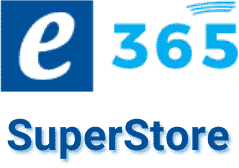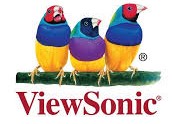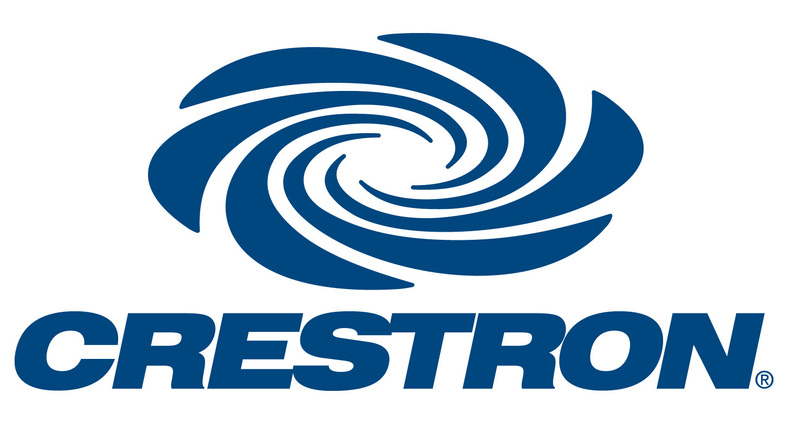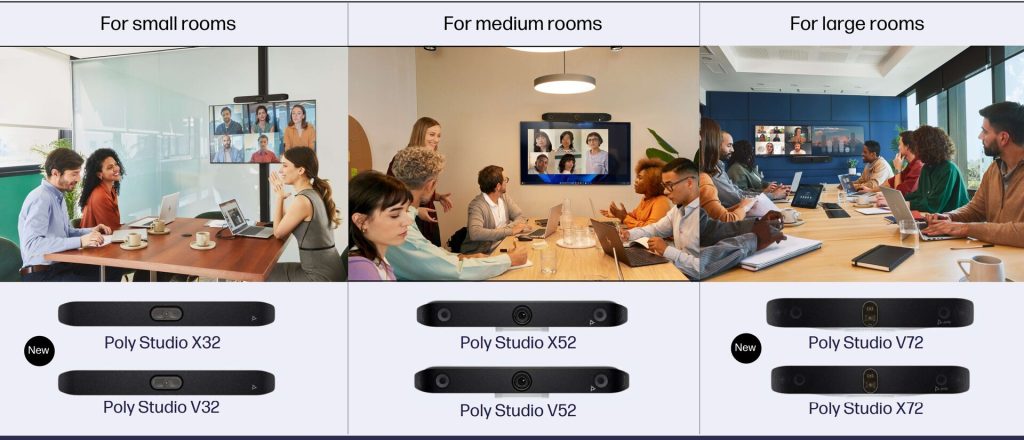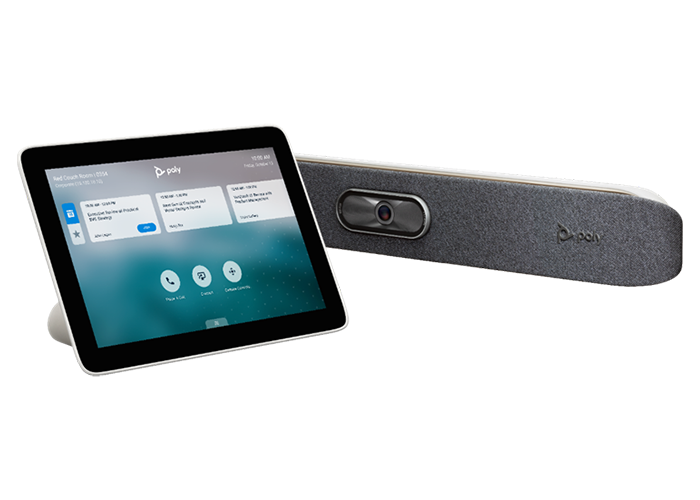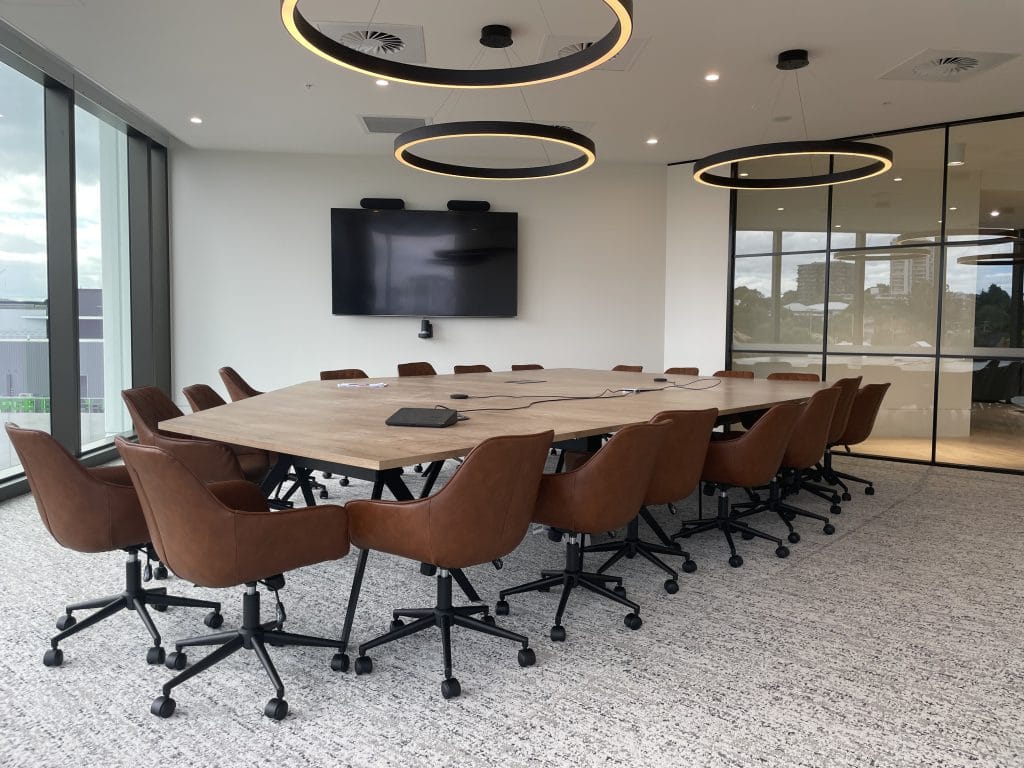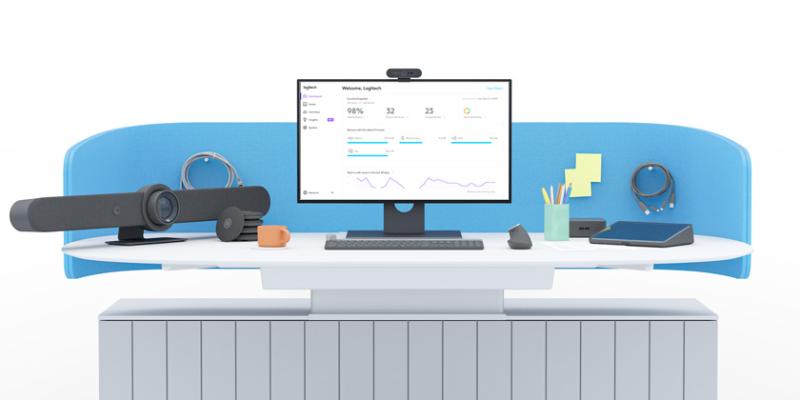
The Future of Work
The Future of Work | Have you got the best videoconferencing solution?
The world has changed. We’ve never used so much video, at home and at work. But in the rush to get teams working remotely, have you ended up with the best solution?
As hybrid work transforms into anywhere work, collaboration and employee experience goals continue to evolve. Work and learning spaces are changing to meet team expectations, and your technology must keep pace, with equal attention given to remote and on-site experiences. In short, we need to make anywhere work more
human-centric.
We have insights into strengthening the human experience in the workplace, including:
- Our human-centric workplace how-to guide
- Immersive spaces, platform interoperability, and VR design
- In-person collaboration and events case study
- Hybrid learning environments
- Experience technology that moves the world
- Technology partner solutions
